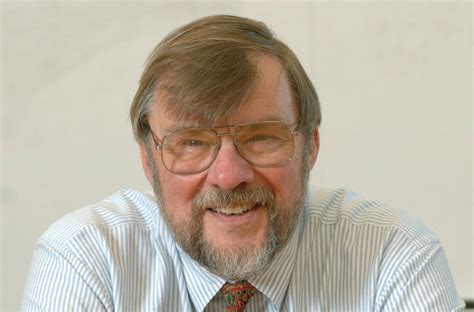A Quote by Lewis Schiff
I think small groups have more collective wisdom than an individual.
Quote Topics
Related Quotes
Wisdom in groups emerges as a product of commitments we make with ourselves and to each other. These stances are not abstract rules but tangible practices that must be renewed each time we are in groups. They are essentially commitments and attitudes that foster collaboration and positive collective action.
Hackman's paradox: Groups have natural advantages: they have more resources than individuals; greater diversity of resources; more flexibility in deploying the resources; many opportunities for collective learning; and, the potential for synergy. Yet studies show that their actual performance often is subpar relative to "nominal" groups (i.e. individuals given the same task but their results are pooled.) The two most common reasons: groups are assigned work that is better done by individuals or are structured in ways that cap their full potential.
Samadhi is the journey from individual to collective consciousness. The steps of Samadhi are the steps towards reaching the collective consciousness. In meditation, the more we radiate love, compassion, peace, harmony and tranquility, the more is our contribution towards the collective consciousness. The more we positively contribute towards the collective consciousness the more is our progress in Samadhi.
Any group or "collective," large or small, is only a number of individuals. A group can have no rights other than the rights of its individual members. In a free society, the "rights" of any group are derived from the rights of its members through their voluntary individual choice and contractual agreement, and are merely the application of these individual rights to a specific undertaking... A group, as such, has no rights.
Our characterization of collective folly is that sound judgment is not feasible when there is forced or false agreement in groups. We also show how group polarization sets the stage for risky and even dangerous decisions to be made. How we navigate between false agreement and polarization is the kind of mastery that collective wisdom represents.
The main characteristic of collectivism is that it does not take notice of the individual's will and moral self-determination. In the light of its philosophy the individual is born into a collective and it is "natural" and proper for him to behave as members of this collective are expected to behave. Expected by whom? Of course, by those individuals to whom, by the mysterious decrees of some mysterious agency, the task of determining the collective will and directing the actions of the collective has been entrusted.

































